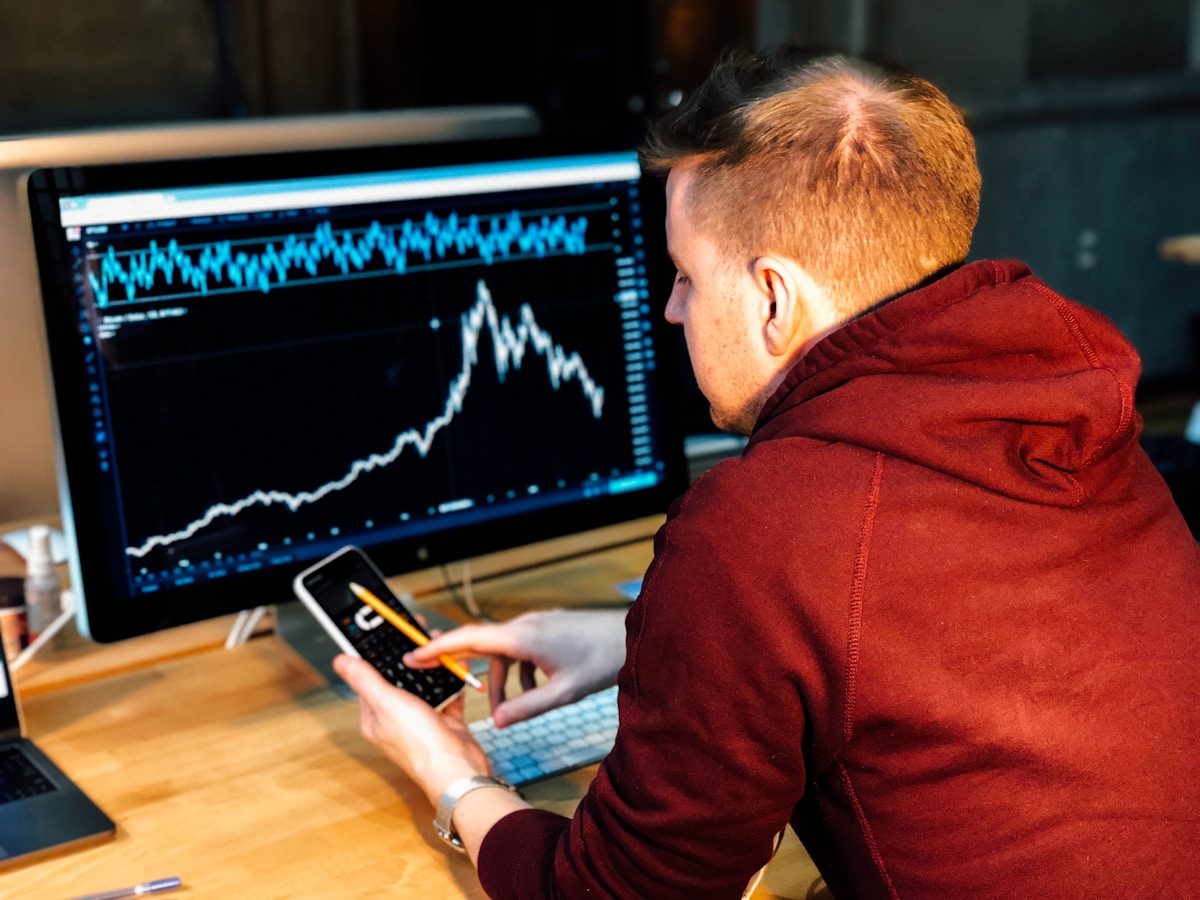Platform Business Model 201:
Predicting Buyers’ Needs through Inference of Network Effects

As we know, the big tech guys (Google, Apple, Microsoft, Facebook, Amazon) operate and monetize through their extensive platforms. However, even for the rest of us, there are many compelling reasons why platforms should also be our focus (B2C, B2B, and B2B2C). Network effects are complex to successfully model but offer massive marketing opportunities. To learn about this, please check out the recognized bible on this subject, Platform Revolution (https://amzn.to/2KUFX5K).
Let’s get to know the power of network effects. For those who are not familiar with the business model canvas, please take a look at the bible on this, Business Model Generation (https://amzn.to/2L0w1EB). Let's super-impose key attributes relevant to this discussion in Figure 1. As you can see, it is interesting both in how the network impacts the overall play but also how data science becomes important.
Figure 1

Within an effective platform, there is a neat trick which requires strong machine learning/AI skills to get right. Namely, tacit knowledge inference based on limited network activity.
Example scenario
- I am a procurement manager working with a network of suppliers. I have reached out several times over the last month, requesting suppliers to provide quotes for specific system components.
- The platform infers from my requests and other discussions/requests for proposals in the network what system I am trying to build. But the platform also predicts that there are better options for a system design that I would find valuable. I may not even know that these improved options exist to me and that I am tackling the wrong problem!
- The platform messages these points to select vendors, informing them that I may be interested in learning about advancements and competitive options for building this system.
- I engage with the responses and change my system plans to something much cheaper and faster. The platform owner monetizes through a commission (value share) with the winning supplier.
Sounds simple?

The hard parts, as mentioned above, are the inferences and predictions. They are hard because they need to be accurate within the context of the problem that the buyer is trying to solve. And the buyer’s problem is often not explicitly expressed or understandable … and sometimes, they are just tackling the wrong problem! In this example, what problem was I trying to solve in building that system? Was I taking the right approach in solving that problem?
Was I solving the right problem?

To close the loop, we will turn to data science.
Data science is a multi-disciplinary skill. A great definition is found in the book Doing Data Science (https://amzn.to/2ugq5Qt):
Data scientist (noun): Person who is better at statistics than any software engineer and better at software engineering than any statistician
- Josh Wills
What makes a data scientist truly interesting is his or her ability to perform Exploratory Data Analysis (EDA). In other words, good data scientists can explore answers based on potential questions. They can even discover/predict questions that are yet to be considered!
So, we can now probabilistically estimate the question and context, which allows us to infer new tacit knowledge from network effects and predict new useful and actionable value offerings for the consumer.
Written by:
Dr. Raminderpal Singh, Anduril Ltd, London
Dr. Singh advises tech startups on data monetization and creating commercial value from platform networks. He regularly presents and publishes on these topics also. For more, please contact him by email or look him up on LinkedIn.
Supplementary Reading:

Edited by: Jack Vasquez